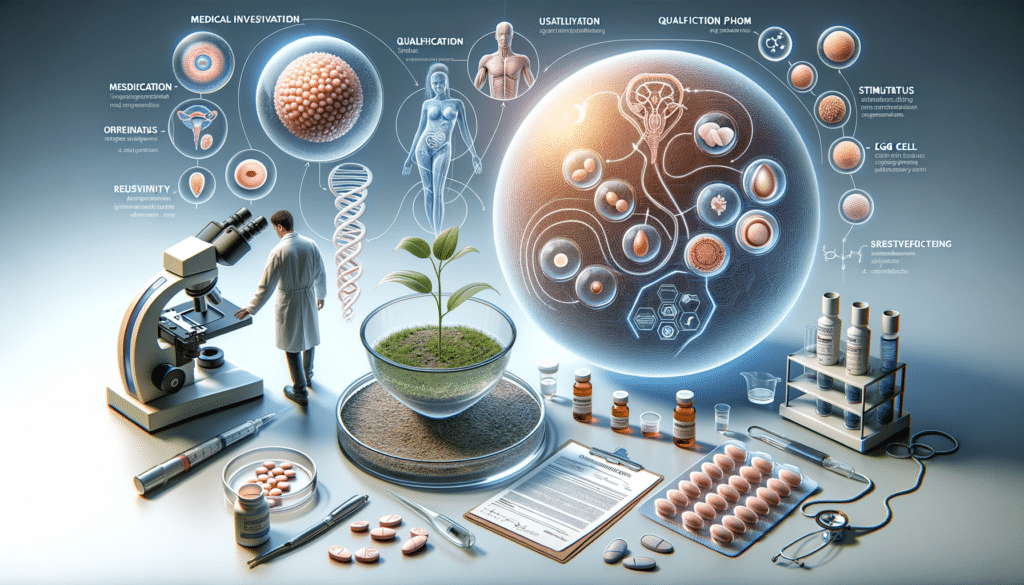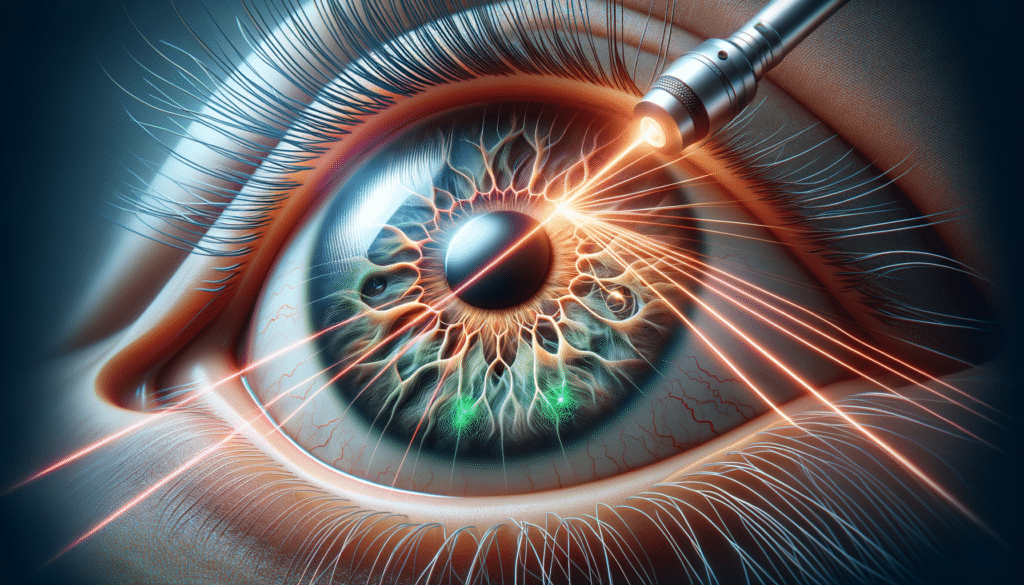The Importance of Egg Donation
Egg donation is a remarkable process that provides a beacon of hope for many individuals and couples struggling with infertility. It offers an opportunity to achieve parenthood when traditional methods may not be viable. The demand for egg donors has increased significantly, reflecting the growing awareness and acceptance of assisted reproductive technologies. This process not only helps recipients but also allows donors to make a profound impact on the lives of others. Understanding the intricacies of egg donation is crucial for anyone considering this path, whether as a donor or a recipient.
Eligibility and Requirements for Egg Donors
Becoming an egg donor involves meeting specific eligibility criteria to ensure the health and safety of both the donor and the recipient. Generally, potential donors should be between the ages of 21 and 34, as this age range is associated with optimal fertility and egg quality. Key requirements include:
- Good Physical Health: Donors must undergo a comprehensive medical examination to assess overall health.
- Healthy Lifestyle: Maintaining a healthy lifestyle, including a balanced diet and regular exercise, is essential.
- Non-Smoker: Smoking can adversely affect egg quality, so donors must be non-smokers.
- Psychological Evaluation: A psychological assessment ensures that donors are mentally prepared for the process.
These requirements are designed to protect the well-being of all parties involved and maximize the chances of a successful donation.
The Egg Donation Process
The egg donation process is a multi-step journey that requires commitment and preparation. It begins with an initial application and screening, where potential donors provide detailed medical and personal information. Once accepted into the program, donors undergo a series of medical tests, including blood work and ultrasounds, to assess their reproductive health.
Following the screening phase, donors begin a cycle of hormone injections to stimulate egg production. This phase requires regular monitoring by healthcare professionals to track the development of the eggs. The final step is the egg retrieval procedure, a minor surgical process performed under sedation. The entire process, from application to retrieval, can take several weeks, and donors receive compensation for their time and commitment.
Legal and Ethical Considerations
Egg donation is governed by a framework of legal and ethical guidelines to ensure the rights and safety of both donors and recipients. Donors must sign an informed consent agreement, acknowledging their understanding of the process and relinquishing any future parental rights. Additionally, donors are usually anonymous to the recipients, although some programs offer open donation options.
Ethical considerations include the fair compensation of donors and the transparent communication of potential risks. Donors should be fully informed about the medical procedures involved and any long-term implications. These guidelines are crucial for maintaining trust and integrity within the egg donation process.
The Impact of Egg Donation
Egg donation can have a profound impact on the lives of recipients, offering them the chance to build a family. For donors, the experience can be equally rewarding, providing a sense of fulfillment and altruism. The process contributes to advancing reproductive medicine and expanding options for those facing infertility.
Moreover, egg donation fosters a sense of community and support among donors, recipients, and medical professionals. It highlights the importance of compassion and generosity in overcoming challenges and creating new possibilities for families worldwide.





